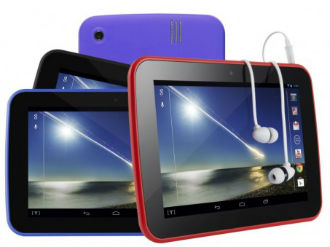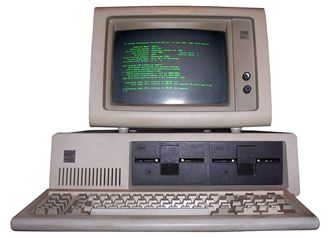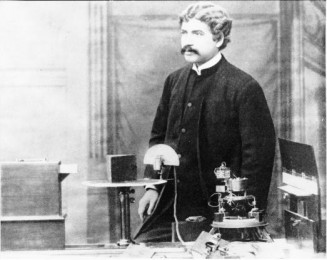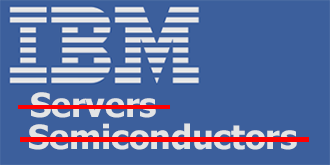 Chinese telecom gear maker Lenovo is in talks to buy Lenovo and is expected to offer the company $15 a share later this week.
Chinese telecom gear maker Lenovo is in talks to buy Lenovo and is expected to offer the company $15 a share later this week.
Lenovo and BlackBerry refused to comment and this is not the first time that the two have been rumoured to be involved in a tie up.
Senior Lenovo executives have indicated an interest in BlackBerry as a means to strengthen their own handset business. Last year, when BlackBerry said was exploring strategic alternatives, Lenovo was named as an obvious buyer.
The Canadian government put the brakes on any deal when it announced that any sale to Lenovo would not win the necessary regulatory approvals due to security concerns. At the time, the Canadian government had swallowed the US Cool aid which stated that Chinese companies were turning over data to their government through secret spyware. In fact, US companies were turning over data to their government.
BlackBerry’s secure networks manage the email traffic of thousands of large corporate customers, along with government and military agencies across the globe. Under Canadian law, any foreign takeover of BlackBerry would require government approval under the Industry Canada Act.
Analysts also say any sale to Lenovo would face regulatory obstacles, but they have suggested that a sale of just BlackBerry’s handset business and not its core network infrastructure might just sneak past the regulators.
BlackBerry was believed to want to off-load its handset business, even as the arm turned a profit before special items in the last quarter.
BlackBerry chief executive officer John Chen has said in the past he sees the handset business as core to the company for now, as it will foster sales growth over the next few quarters until the software and services business begins to generate new revenue streams in the first half of 2015.



















